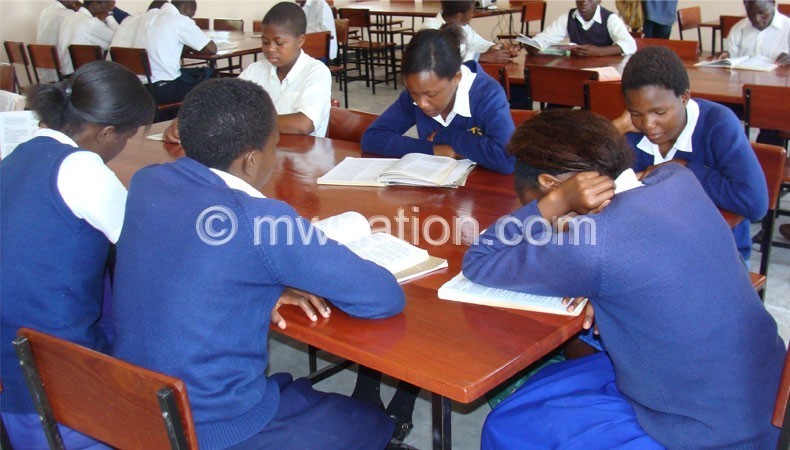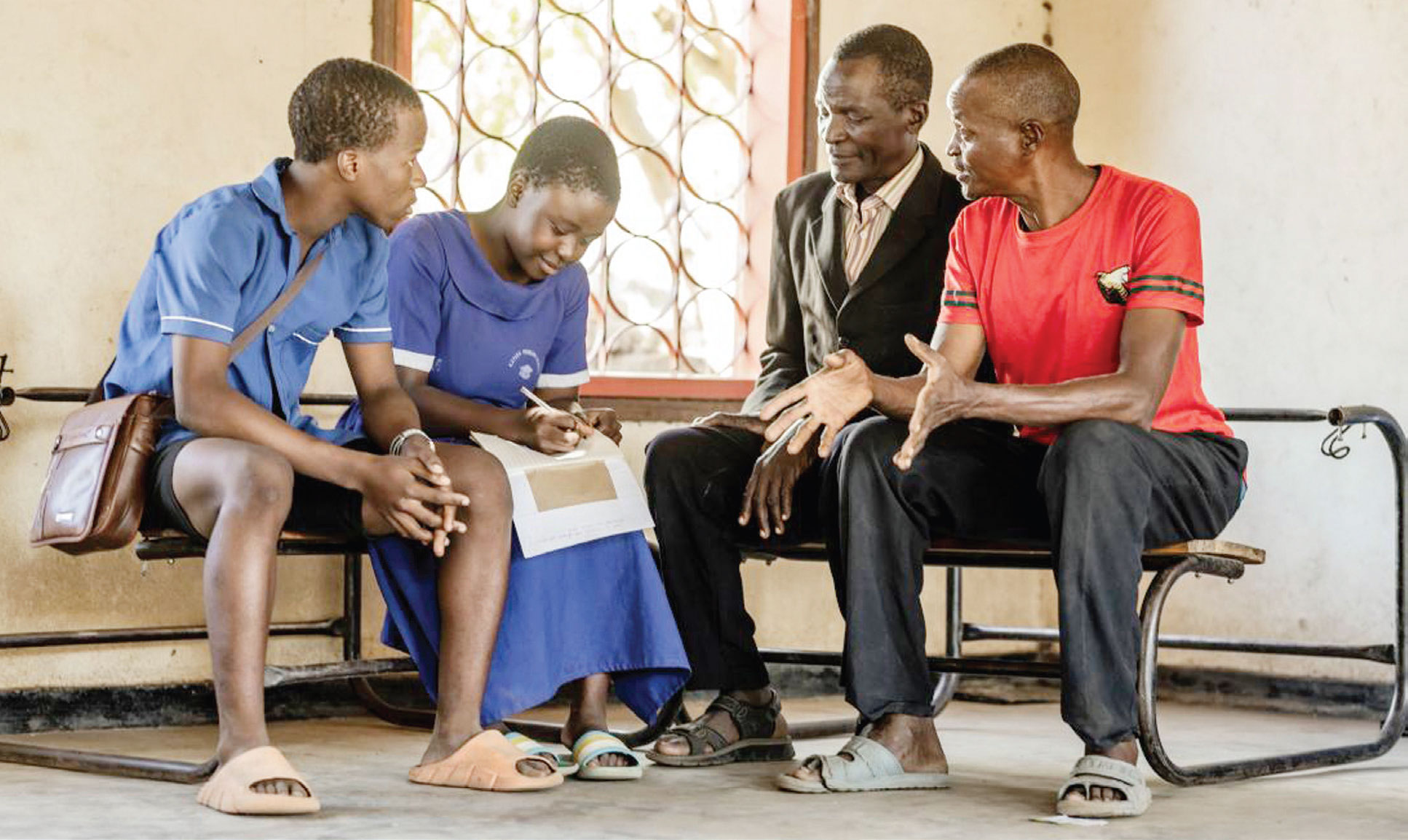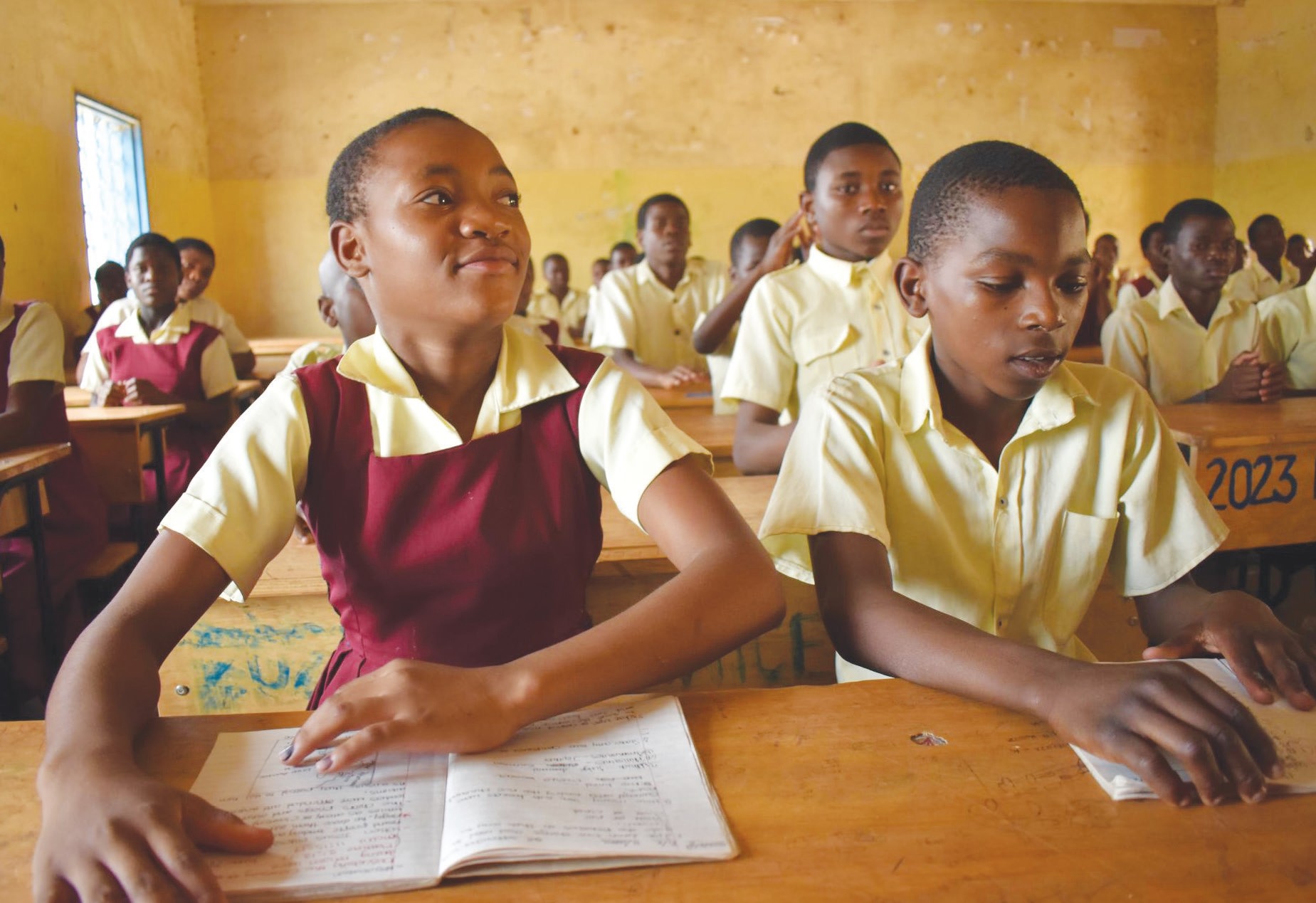When family misses from girl’s education
Today is World Family Day. As part of commemorating this day EPHRAIM NYONDO looks at the connection between stronger families and girls’ education in Malawi.
To the question: Why, after decades of interventions, are girls still dropping out of schools?, Malawians are likely to answer: Government is not doing enough?

The immediate reaction to the 2013 Education Information Management Systems (EIMS) report, which detailed the girls’ education challenge, was anger not analysis.
Yet, anger is not enough to get Malawi through what is sure to be a long struggle for girls education. For that, Malawi will need answers.
The answers that have been heard so far have been comforting, yet familiar.
Some have blamed government for not doing enough. Some have pointed at poverty—saying curbing poverty could get girls into school. Others have taken a swipe at harmful cultural practices, in the process, advocating the abolishment of the same.
While all of these reasons could be true, there are many girls who—within the same government and coming from the same shadow of poverty and harmful cultural practices—have excelled in school.
Arguably, there might be something stronger at work here than just government, culture and poverty.
For Sam Kaphuka, founder of Kaphuka Secondary Schools and also former Education Minister during the Bakili Muluzi regime, the answer lies in the family.
He argues: “I get surprised that whenever we discuss girl’s education we barely talk about the need for stronger family units. We have forgotten that family is a unit of society—the first agent of socialisation and, again, the social space where girls spend most of their time.
“As long as parents, who are principal managers of family, are left out in this discussion, we should forget about winning the war on girls’ education,” he says.
What Kaphuka advances appear to be true in the story of two girls in Nkhotakota.
One such girl is 14-year-old Mary Natho from Navuwu Village, Traditional Authority (T/A) Mwanzama in Nkhotakota.
A second-born daughter of a fisher with seven other children to look after, Mary enrolled for Standard One at Navuwu Primary School in the district when she was seven. At 13, while in Standard Six, she got pregnant. Today, she has a baby girl, but unfortunately the boyfriend responsible, who promised marriage, denied responsibility.
“Right now, I am not attending school anymore. I live with my parents and I struggle to feed and dress my child,” she says.
Clearly, without the hope and encouragement of returning to school, Mary’s future is doomed.
She has four older sisters—all of them share her story. Two are married, and the other two are jobless, having dropped out of primary school as well. They all live with their parents—with both them and their children looking to their father, a local fisher, for material support.
The result has been the increased levels of over-fishing in Lake Malawi, even during the breeding season of November to December, something environmentalists fear is a factor behind the decline of fish stocks in the lake.
However, Mary and her family’s story is different from that of 24-year-old Lucy Jamison from the same village.
When The Nation met her last year in August, Lucy said: “Just in our village, I had 14 friends, all of them girls, with whom I started school together. I am the only survivor. The last of my friends to get married was Elube. She got married while in Standard Six. The rest got married before that.”
Lucy’s family is not rich even by village standards. Her father, just like Mary’s, relies on the lake to meet the needs of his five children.
Their proceeds, explained Lucy, could not even meet the basic needs of a family of seven.
However, despite that, her parents, inspired by a neighbour who was a teacher at Navuwu, encouraged Lucy to stay on the education course. They resisted every force to marry their girl off. Lucy’s elder sister married at 14 and her parents, she told The Nation, are appalled by the myriad challenges she is facing.
“My sister’s suffering in marriage. I think that could be the reason my parents are very strict that I focus on education,” she said.
Lucy passed Standard Eight and got selected to Nkhotakota Secondary School. After that, she went to a Teachers Training College and, today, she is a primary school teacher at Navuwu.
She is not rich, of course: But she is married, has a daughter, lives in a decent three-bedroomed house and does not depend on her husband for everything.
In fact, by her village standards, she is the model of progress.
“Right now, I am building an iron-corrugated house for my parents. I also help my mother to participate in Village Savings Loan [VSL] schemes,” she says.





